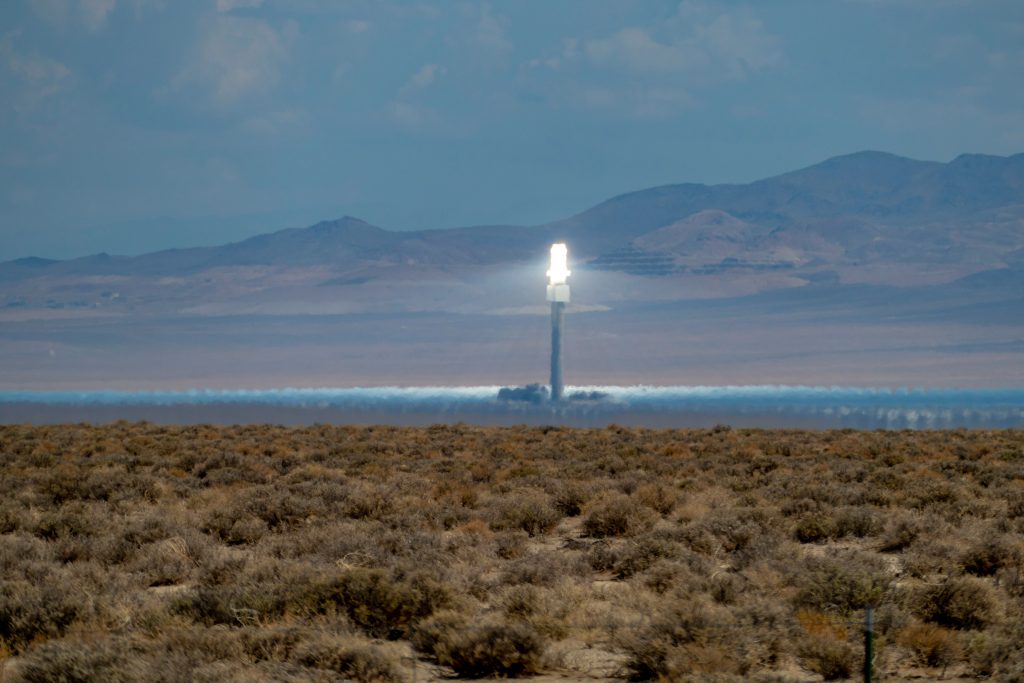A new chapter in EU-Algeria energy relations

Whereas Algeria represents one of the top three natural gas suppliers for the European Union, its share in the EU import structure has been on decline during the last decade. Several factors seem to stand behind this development. On the one hand, the rapidly rising Algerian energy demand is putting a downward pressure on gas volumes available for foreign exports decreasing the profitability of the Algerian energy sector. At the same time, Algerian total gas production has been in decline over the past decade as output from large, mature fields is depleting.
The high dependency of the Algerian economy on revenues from hydrocarbons makes the critical developments in the energy sector a serious threat to the economic stability and societal resilience of the country. If not addressed, this is likely to have a direct impact on the EU. The security of gas supplies, the resilience of the EU’s Southern neighbourhood, and potentially also the EU’s own security could be affected.
This policy paper by Jekaterina Grigorjeva, affiliate fellow with our office in Germany, the Jacques Delors Institut – Berlin, draws attention to the need for stronger and more targeted energy cooperation between the EU and Algeria. It proposes an EU-supported energy transition in Algeria aimed at switching Algerian domestic consumption to renewable energy. The initiative can be based on the already existing EU instruments, namely the EU-Algeria Energy Business Forum and the reviewed framework of the European Neighbourhood Policy.




